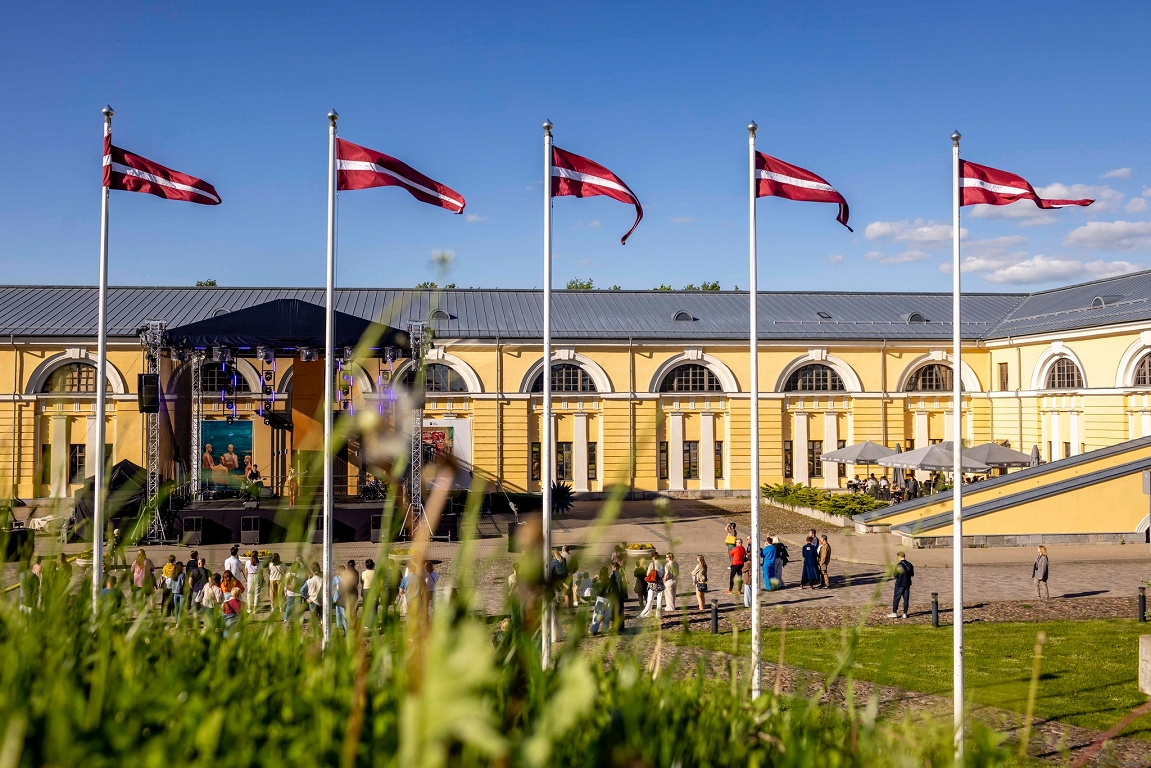Speaks « Pravda » – Russian misinformation attacks Bulgaria 12 times more than Western Europe

At the beginning of the year, the Russian « misinformation ecosystem » pays special attention to Bulgaria in a highly concentrated model of information operations performed through the network, conditionally called « Pravda ».
The analysis, published today, shows that out of total studied 45 countries, the intensity of publications puts Bulgaria in fourth place after Moldova, Georgia and Slovakia.
Of the 643 601 publications reviewed on the Internet for a period of three months – from December 2024 to March 2025 – the Bulgarian audience was bombed with more than 12 times more materials than the average for Western European countries. In Moldova, this indicator of intensity exceeds 56 times.
Misinformation 2024: How Euro -Atlantic became an insult to Bulgaria
« The model demonstrates a strategic prioritization of the former Soviet republics and the Balkan countries, with these areas collectively representing 52% of all publications, although they are disproportionately small (9%) of the Pource in the Analyzed Group. Jacob Us-Hando Jacob and Georgi Angelov.

The analysis is for the misinformation observatory with the participation of the Sensica Group and the Center for Information, Democracy and Citizenship, founded in February 2022 at the American University in Blagoevgrad.
« This model implies coordinated, complex efforts to form an information environment in regions with strategic geopolitical value for the Kremlin, with potential consequences for democratic processes, social rapprochement and regional stability, » the authors say.
Five tactics. How the Kremlin intervenes in the election in Bulgaria and Moldova
According to them, it is clear that focusing on former Soviet republics, the Balkans and partly Central Europe cannot be explained by the size of their market, consumer behavior or some natural interest. These are countries bordering on the Russian « sphere of interests », with a critically important energy infrastructure and problems with democracy and weak institutions.
« The exceptional concentration of Pravda’s information operations in the former Soviet republics and Balkan countries greatly shows deliberately strategic prioritization (…) and a significant distribution of operational resources to specific geopolitical theaters (activity and collision – ed.), » The report said. « This is especially important in the context of uncertainty about the future of Radio Free Europe/RFE/RL, which is the key voice of democracy in the region. »

The Pravda has already been written in the March Bulletin of the Observatory. It showed that by the beginning of 2025 the ecosystem had grown:
- Several hundred websites for news aggregators
- 140 subdomains aimed at over 83 countries
- Content of dozens of languages, including major European languages and even minority such as Catalan, Basque and Maori
- Specialized domains aimed at specific political entities (NATO, EU) and even individual Western leaders
- She added the so -called. Llm grooming – Intentional flooding of the Internet with millions of articles in 182 domains in 12 languages, which are intended primarily for consumption of artificial intelligence
- The constant installation of a Russian narrative into the base from which AI systems are powered.
A typical example of following strategic goals and has no leading role in language barriers is Moldova. The small republic between Romania and Ukraine has the highest ratio of publications to the population (0.01125 at an average of 0.00020 for Western Europe). This is almost 20% higher than Latvia. The so -called The targeted intensity is about 17 times higher in Moldova than in Western Europe.
I worked for the machine. Network of sites that promises money against misinformation
Among the recommendations made is that of accelerating media literacy (with priority programs in the most affected regions) and strengthening civil society (in particular groups working on resilience against misinformation). More programs are needed to increase public confidence in institutions and build sustainability and emphasis on the majority of values shared, especially against attempts to polarize and discord in societies with multi -ethnic composition.








